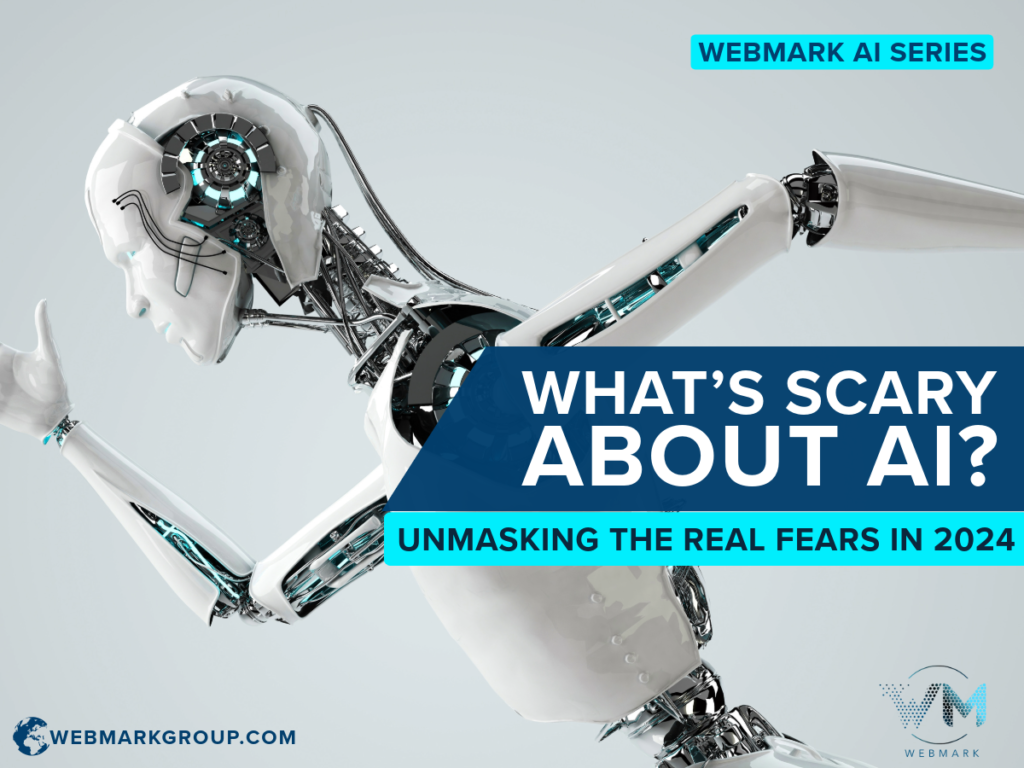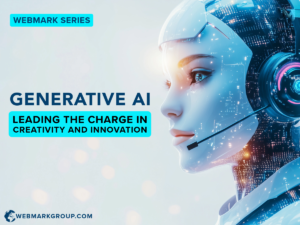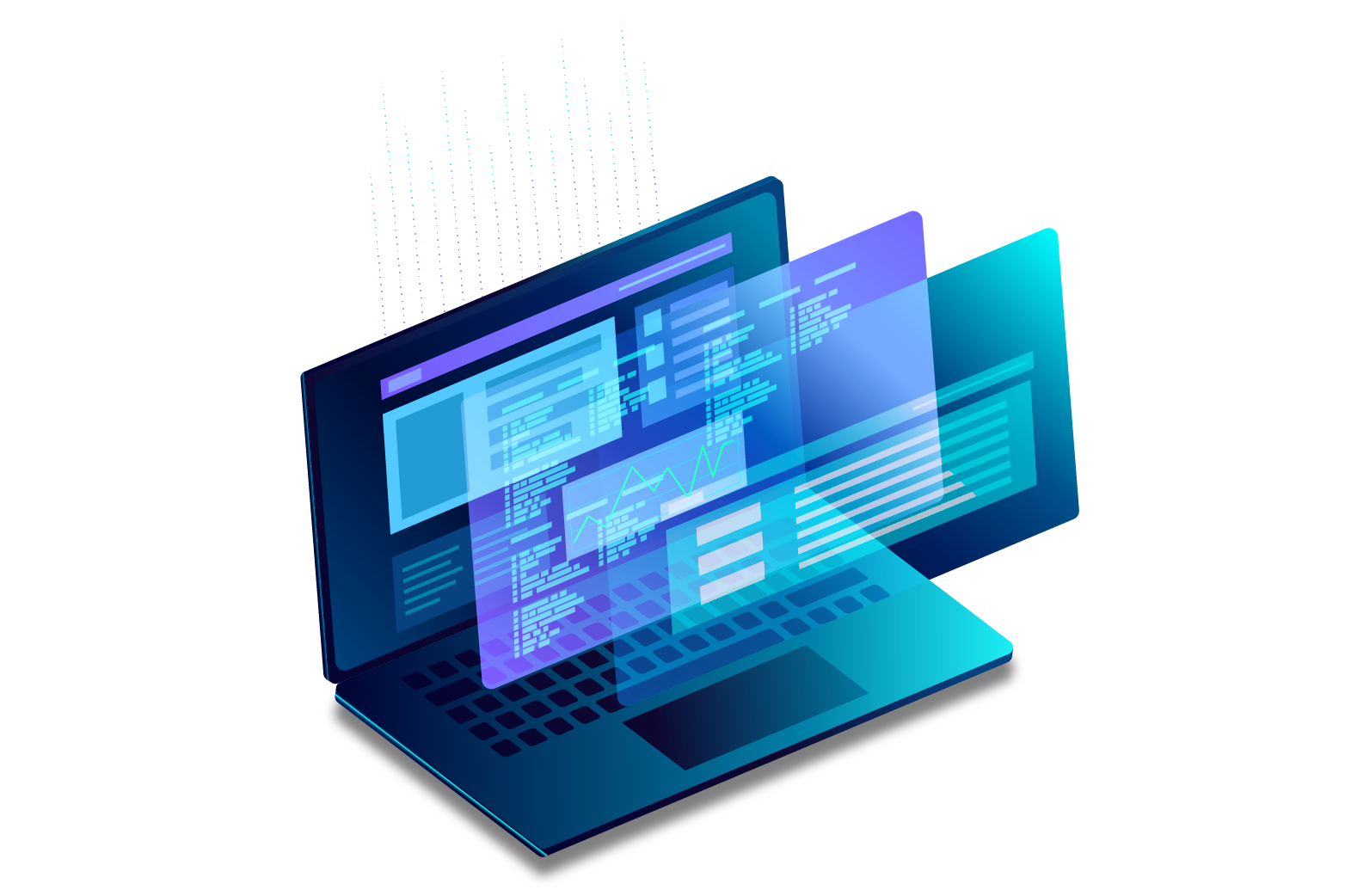It’s spooky season, and while we love a good haunted house, the rapid rise of artificial intelligence (AI) comes with its own set of chills. AI is transforming industries, from healthcare to marketing, but for every efficiency AI brings, there are lingering fears. So, what’s truly scary about AI in 2024? Let’s dive into the things that make AI both exciting and a little terrifying.
1. AI and Job Automation: Are Humans Being Replaced?
One of the biggest fears surrounding AI is the potential for job automation. With AI systems becoming more capable of performing tasks that were once reserved for humans—like customer service, content creation, and even complex decision-making—it’s no wonder people are concerned about job security. Tools like Jasper and ChatGPT are amazing at writing content, but they raise the question: Will we still need as many human workers in the future?
While AI can enhance efficiency, many fear that it could lead to widespread job displacement. The truth? AI is more likely to augment human roles than fully replace them, but the shift will require workers to adapt and learn new skills—something that can feel pretty unnerving.
2. Data Privacy Nightmares: Who’s Watching You?
AI thrives on data. Whether it’s powering personalized marketing or driving AI-based recommendations, it needs access to enormous amounts of personal information. This raises serious concerns about data privacy. In 2024, companies are collecting more data than ever, but who has control over it? And what happens if this data falls into the wrong hands?
We’ve seen high-profile data breaches in the past, and with AI systems often needing real-time data to function optimally, the risks increase. Imagine your personal information being used by AI systems to make decisions about your credit score, health insurance, or even job applications without your knowledge. Yikes!
If the thought of your data being misused keeps you up at night, it’s time to ensure the companies you trust are prioritizing data security. AI tools like Google’s AI and Microsoft Azure AI are powerful, but businesses need strong data protection policies to avoid turning AI from a benefit into a privacy nightmare.
3. The Rise of Deepfakes: Is What You See Real?
Deepfake technology is another area of AI that’s both fascinating and terrifying. Using AI-generated media, deepfakes can create hyper-realistic videos or images of people doing or saying things they never did. While this technology has legitimate uses in entertainment, it also poses a massive threat when used maliciously.
In 2024, the rise of deepfakes is a growing concern for both businesses and individuals. Whether it’s fake news or manipulated videos designed to tarnish reputations, the line between what’s real and what’s fake is blurrier than ever. For companies, this means investing in AI detection tools to ensure they’re protected from this emerging threat.
Tools like Deepware Scanner are already available to help detect deepfake content, but as this technology continues to evolve, it’s something we’ll need to keep an eye on.
4. AI Bias: When Algorithms Go Wrong
Another creepy truth about AI is the issue of algorithmic bias. AI systems are only as good as the data they’re trained on, and if that data is biased, the AI’s decisions will reflect those biases. This can have real-world consequences, especially when AI is used in areas like hiring, policing, or lending decisions.
For instance, facial recognition technology has been found to have higher error rates when identifying people of color, leading to discriminatory practices. While companies like IBM and Amazon are working to eliminate these biases, the fact that AI can unintentionally perpetuate inequality is a very real fear. It’s not just about making the tech better—it’s about ensuring that AI systems are fair, ethical, and transparent.
5. Losing Control: What Happens When AI Outpaces Us?
One of the most frightening ideas is the concept of AI becoming so advanced that we might lose control of it. While we’re not talking about killer robots (yet!), the idea of AI systems making decisions on their own, without human oversight, is unsettling. From self-driving cars to autonomous weapons, the more control we give AI, the more we have to ensure it’s making safe, ethical decisions.
This is why AI ethics is such a hot topic. Organizations like OpenAI and The Partnership on AI are working hard to create ethical guidelines for AI, but it’s clear that as AI evolves, humans need to stay in the driver’s seat.







